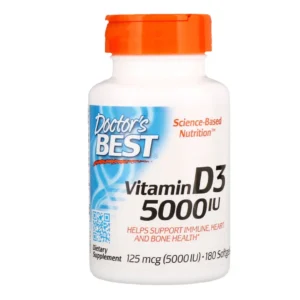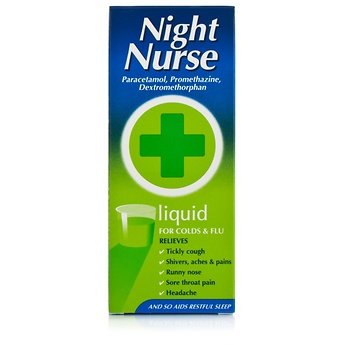In today’s fast-paced world, maintaining optimal health can be challenging. Amidst busy schedules and convenient processed foods, it’s easy to overlook the importance of essential vitamins. Vitamins are critical to our bodily functions, supporting everything from energy production and immune response to skin health and mental clarity. But how do you know if your body is lacking these vital nutrients?
This article explores the tell-tale signs that indicate your body may be in need of more vitamins, helping you take timely action to restore balance and boost overall well-being.

1. Fatigue and Low Energy Levels
Feeling constantly tired, even after adequate rest, could be an indicator of vitamin deficiencies. A lack of B vitamins, such as B12, B6, and folate, can impair energy production and lead to chronic fatigue. Vitamin D deficiency can also leave you feeling sluggish. If you’re experiencing persistent tiredness, consider checking your vitamin levels.
2. Hair Loss and Brittle Nails
Unexplained hair loss or brittle nails may be linked to a deficiency in certain vitamins and minerals. Biotin (Vitamin B7) plays a crucial role in strengthening hair and nails. A lack of iron, zinc, and vitamin D can also contribute to hair thinning and weakened nails.
3. Dry Skin and Skin Issues
Skin problems, including dryness, acne, or eczema, may signal that your body needs more vitamins. Vitamin A promotes healthy skin cell turnover, while vitamin E provides antioxidant protection. Omega-3 fatty acids and vitamin C are vital for skin elasticity and repair. Without these nutrients, skin may appear dull and more prone to issues.

4. Frequent Illnesses
If you find yourself frequently catching colds or other infections, your immune system may be weakened due to insufficient vitamins. Vitamin C, vitamin D, and zinc are key to bolstering immune defenses. A lack of these nutrients can make your body more vulnerable to illnesses.
5. Muscle Cramps and Weakness
Muscle cramps, spasms, or general weakness might point to a magnesium or potassium deficiency. Vitamin D also plays a role in muscle function. Without adequate levels of these nutrients, muscles may struggle to contract and relax properly, leading to discomfort.

6. Poor Vision
Vision problems, especially in low light, could stem from a lack of vitamin A. This vitamin is essential for maintaining eye health and preventing conditions like night blindness. Omega-3 fatty acids also contribute to eye function, reducing the risk of dry eyes and macular degeneration.
7. Cognitive Impairments and Mood Swings
Struggling with memory, concentration, or mood fluctuations may be linked to vitamin deficiencies. B vitamins, including B12 and folate, are critical for brain function and mental clarity. Vitamin D and omega-3 fatty acids have been associated with improved mood and reduced risk of depression.
8. Slow Wound Healing
If your cuts and bruises take longer to heal, your body may need more vitamin C. This vitamin is essential for collagen production, which is necessary for wound repair. Zinc also plays a role in tissue regeneration and immune function.
9. Bone Pain and Weakness
Bone pain or fractures might be a sign of vitamin D or calcium deficiency. Vitamin D helps the body absorb calcium, which is crucial for maintaining bone strength. Without sufficient vitamin D, bones can weaken over time, increasing the risk of osteoporosis.

10. Numbness and Tingling
A tingling sensation in the hands, feet, or limbs can indicate a lack of B vitamins, particularly B12. This deficiency can affect the nervous system, leading to nerve damage if left untreated.
Addressing Vitamin Deficiencies
Recognizing these signs is the first step in addressing vitamin deficiencies. Here are practical ways to ensure your body gets the nutrients it needs:
- Balanced Diet: Focus on consuming a variety of fruits, vegetables, lean proteins, and whole grains.
- Supplements: Consider taking multivitamins or specific supplements based on your doctor’s recommendations.
- Sun Exposure: Moderate sun exposure can help boost vitamin D levels naturally.
- Regular Health Checks: Periodic blood tests can identify deficiencies early, allowing for prompt intervention.
Conclusion
Our bodies provide subtle signals when something is amiss. By paying attention to these signs and adopting a nutrient-rich diet, you can support your overall health and prevent long-term complications. If you suspect a vitamin deficiency, consult with a healthcare professional to create a personalized plan for optimal wellness.
________
Disclaimer: Health articles on medical conditions are for information only and do not form a basis for diagnosis. We recommend that if you have any concerns, speak to your doctor or pharmacist for further help and guidance.








